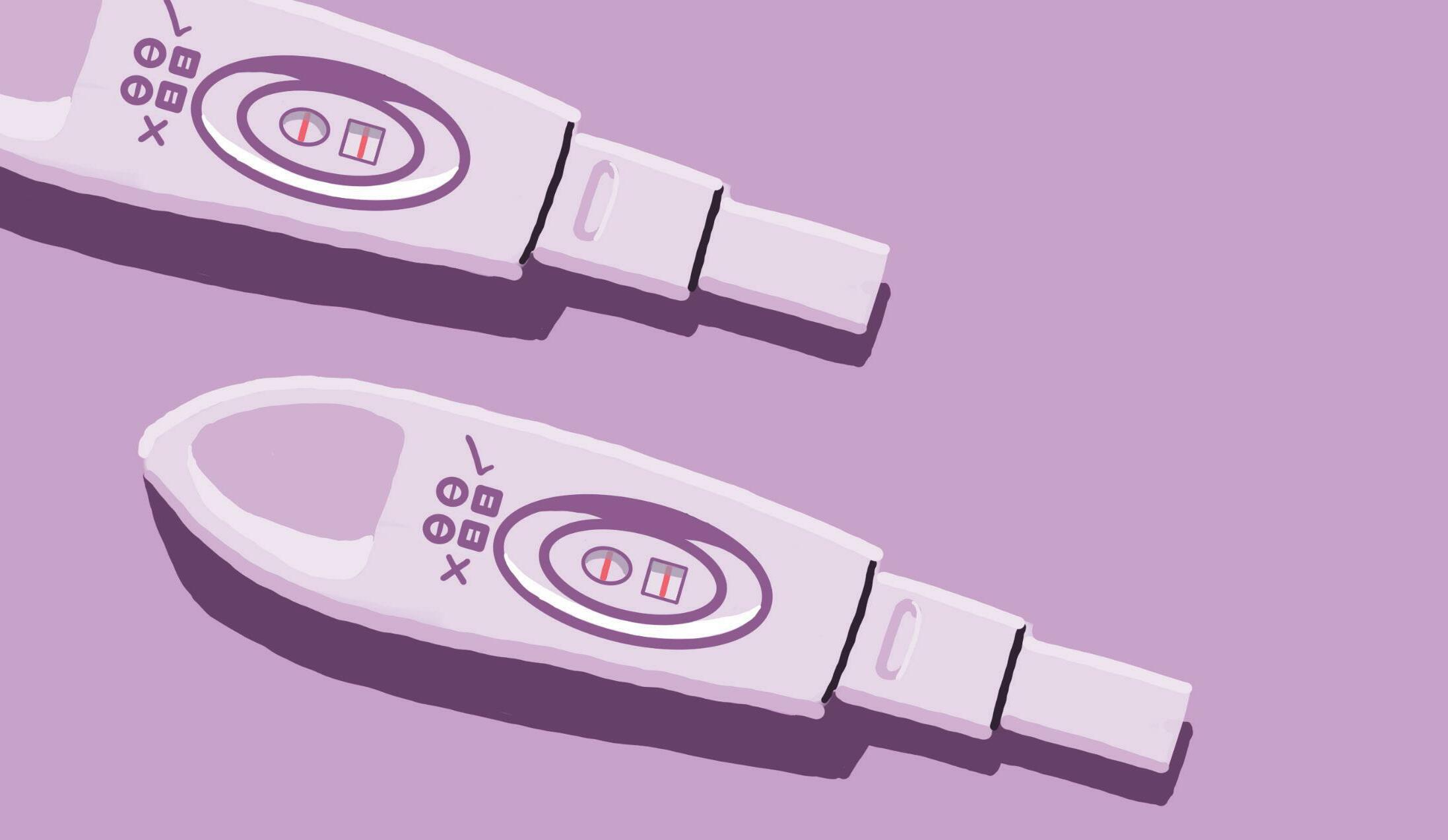
2 minute read
Cheap manufacturing 18–19 Human rights violations Unsafe working conditions 23–25 Child labor 26–27
Human rights violations
Basic rights such as maternity leave are denied in these factories. Most garment sweatshop workers are women and are subject to gender-based discrimination. It is estimated that “more than 70% of garment workers in China are women, in Bangladesh the share is 85%, and in Cambodia as high as 90%”, (“Exploitation or Emancipation”) and they are paid less than male workers and forced to be more docile to get them to be more obedient. It’s a cultural stereotype in some parts of the world where that woman must adhere to what is demanded of them. They are demanded to be more docile and passive and therefore women are in high demand in the textile and garment workforce. Pregnant and married women face more discrimination when it comes to looking for jobs in garment and textile factories. A lot of garment factories will ask applicants if they are married, pregnant and if they plan on having kids. These kinds of inappropriate questions are not necessary and most normal workplaces wouldn’t ask those kinds of questions to applicants.
Advertisement

These kinds of questions are used to weed out undesirable applicants. Garment and textile factories don’t want workers with any other kind of responsibility outside of the workplace such as taking care of a kid to get in the way of working. Some workplaces make hired employees sign a document stating that they will not get pregnant during their employment. Unfortunately, women are also subject to “Compulsory testing during the recruitment phase are all too common. Pregnant women or those who refuse to be tested are simply not hired.”, (“Gender: Women Workers Mistreated”) and women are denied employment based on their pregnancy status. Being pregnant in the workplace is seen as a big liability for garment and textile factories, but some applicants are desperate for work and will lie and try to hide their pregnancy. Pregnant women who do end up finding work face harassment in the workplace and are forced to work on difficult tasks with disregard for their pregnancy status. This is the reality for many women who work in these sweatshops. They do not have protection from workplace regulations and laws protecting against hiring discrimination. In most of the developed world, applicants and workers have laws and regulations protecting
$89
million is the productivity cost of sexual harassment
(Hogan)




